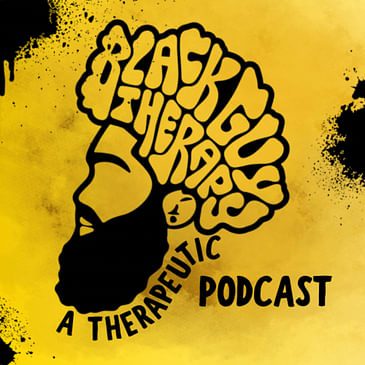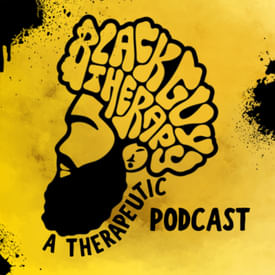Join us on this episode as we delve into the world of politics with the remarkable Jasper Hendrix, III. As a Political Strategist and Metro Nashville Commissioner, Jasper shares his captivating journey into politics, his unwavering passion for public service, and his insights on how we can actively engage ourselves in our communities. Don't miss out on this enlightening conversation!

